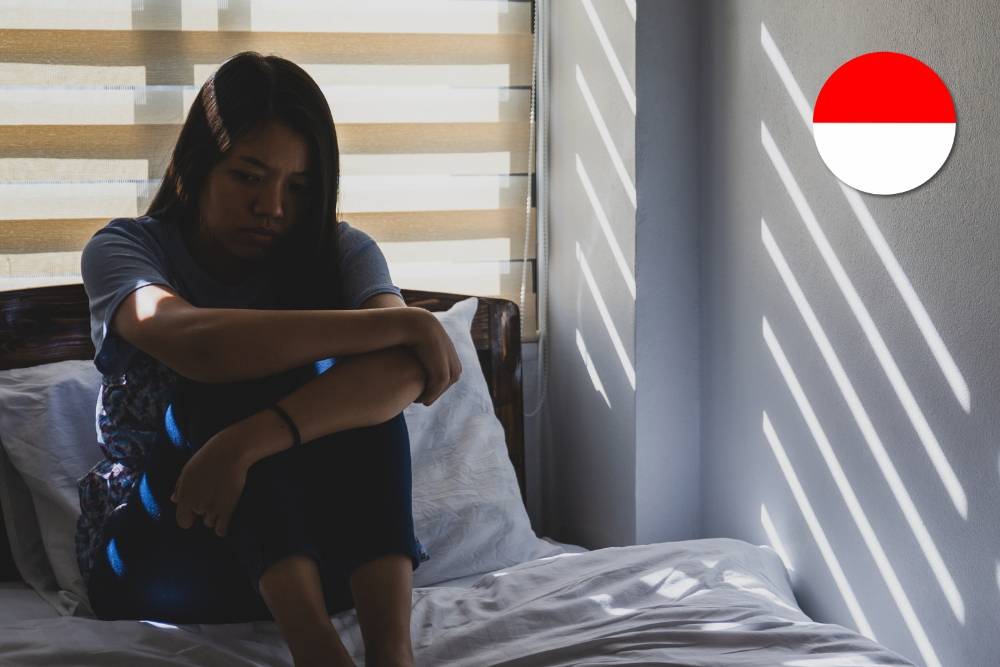It was revealed through the 2022 Indonesia National Adolescent Mental Health that around 61% of teenagers in Indonesia have had suicidal thoughts.
“When I was discussing with my team…I was surprised,” remarked Minister of State-Owned Enterprises (SOE) Erick Thohir, who revealed this troubling statistic at the Grand Final Pitching of the Best Minds in the Country, at Ciputra Artpreneur, Jakarta in August 2024.
Causes For Suicidal Thoughts
Many factors can contribute to teenagers experiencing sadness, anxiety or despair.
For instance, medical conditions like depression and stress-related disorders are common triggers for suicidal thoughts. In these conditions, the brain’s neurotransmitter system is affected. Neurotransmitters like serotonin and norepinephrine play an important role in mood and emotion regulation. When affected, this can cause the low mood.
Read also: Is it Sadness or Clinical Depression?
Rarely is poor mental health down to a single factor. Teenagers are often navigating a complex web of challenges across home, school and community. Academic pressure, family issues, social isolation and even past experience of abuse are factors that can impact a teenager’s mental health.
In such stressful situations, the endocrine system of the body increases the production of cortisol, a stress hormone. High cortisol can disrupt the brain’s chemical balance and exacerbate symptoms of mental disorders.
Getting The Right Care
Addressing this mental health crisis among teenagers requires a comprehensive and integrated medical approach. Different factors may need tailored solutions. By understanding the root causes, and applying evidence-based solutions, the issues can be effectively addressed.
Pharmacological therapies, such as the use of antidepressants, and psychological therapies, such as cognitive-behavioral therapy (CBT) are common options. They have been shown to be effective in treating medical conditions like depression & anxiety.
In the context of familial issues, family therapy and psychological counselling can be options. They are aimed at improving communication and emotional support within the family. If loneliness and social isolation is a key factor for the teenager, social interaction therapy and community-based interventions can be effective solutions. As primary caregivers, parents are well-positioned to detect early warning signs of depression or distress in teenagers. Supportive parenting and open communication then can help families detect mental disorders early in adolescents.
Mental health professionals play an important role in assessing each teenager’s unique situation and needs, and recommending the most suitable combination of interventions.

